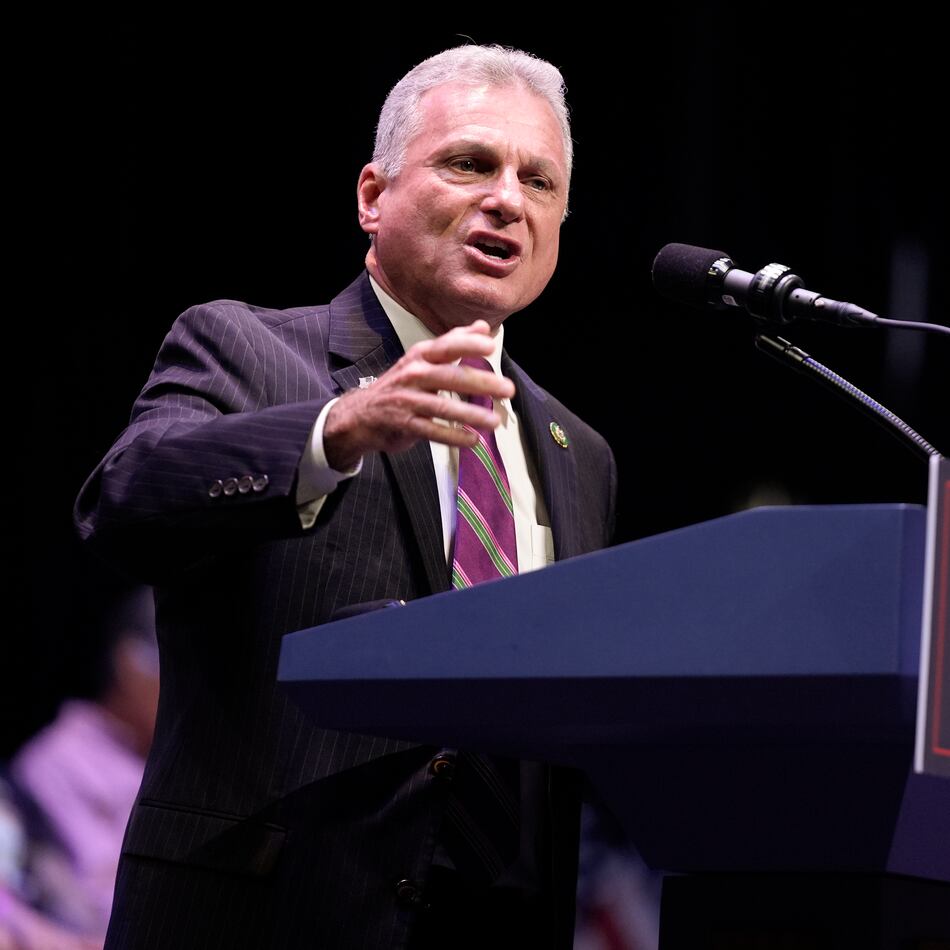The Supreme Court, facing the prospect of an extended stretch with an eight-member bench, is “working really hard” to reach consensus and avoid deadlocks, Justice Elena Kagan said Monday.
There are almost 50 cases left to decide before the justices leave for their summer break at the end of June. Kagan said she and her colleagues were committed to issuing decisions in as many of those cases as possible.
“All of us are working hard to reach agreement,” she told an audience at New York University’s law school. That was true when the court had nine members, she said, but “we’re especially concerned about that now.”
2 deadlocks since Scalia's death
The court has deadlocked twice since Justice Antonin Scalia died in February.
“There is a reason why courts do not typically have an even number of members,” Kagan said. “We’ve seen this already.”
But she said Chief Justice John G. Roberts Jr. had risen to the occasion to lead the court through a difficult period.
“I give great credit to the chief justice, who I think in general is a person who is concerned about consensus building, and I think all the more so now,” Kagan said. “He’s conveyed that in both his words and his deeds.”
'I just loved Justice Scalia'
Kagan said things had turned a little dreary at the court since Scalia’s death.
“One of my colleagues said that he thought that we were a more gray institution,” she said, not naming the colleague. “I think it’s a little bit duller. It’s less fun.”
She said she had boundless admiration and affection for Scalia.
“I just loved Justice Scalia, and I miss him every day,” she said. “He made the court such a fun place to be.”
Scalia prompted her to take up a new hobby, Kagan said.
“I became a hunter because of him,” she said, recalling hunting trips the two had taken together.
Kagan emphasizes: 'Our court is a lawyerly place'
Senate Republicans have vowed to keep Scalia’s seat empty through the presidential election. Kagan did not discuss President Barack Obama’s nominee to replace Scalia, Judge Merrick B. Garland, a widely respected and long-serving member of the U.S. Court of Appeals for the District of Columbia Circuit. But she did suggest that someone of his background, credentials and skills would fit in well on the Supreme Court.
“I would put this court as a whole up there with any court that the country has ever had in terms of the kind of legal skills, proficiency and lawyerly aptitude that this court has,” she said.
“Our court is in general a very, very, very lawyerly place,” she said. “It’s natural to have people who have spent lots of years of their lives thinking about legal analysis.”
Her other duty: Answering the door
Kagan, 55, is the youngest and newest member of the court, having been appointed by Obama in 2010. She had served as U.S. solicitor general and as dean of Harvard Law School.
Once a nominee is confirmed to replace Scalia, Kagan will be relieved of a task assigned to the junior justice: answering the door when there is a knock during their private conferences.
“Sometimes people forget things,” she said. “Their glasses. Their coffee. They forget their aspirin, which they discover in the middle of conference they really need.”
A member of the court’s staff delivers the missing item and knocks.
“I have to immediately jump up and get the door,” she said. “And literally, if I don’t jump up to get the door, nobody gets the door.”
About the Author
The Latest
Featured

